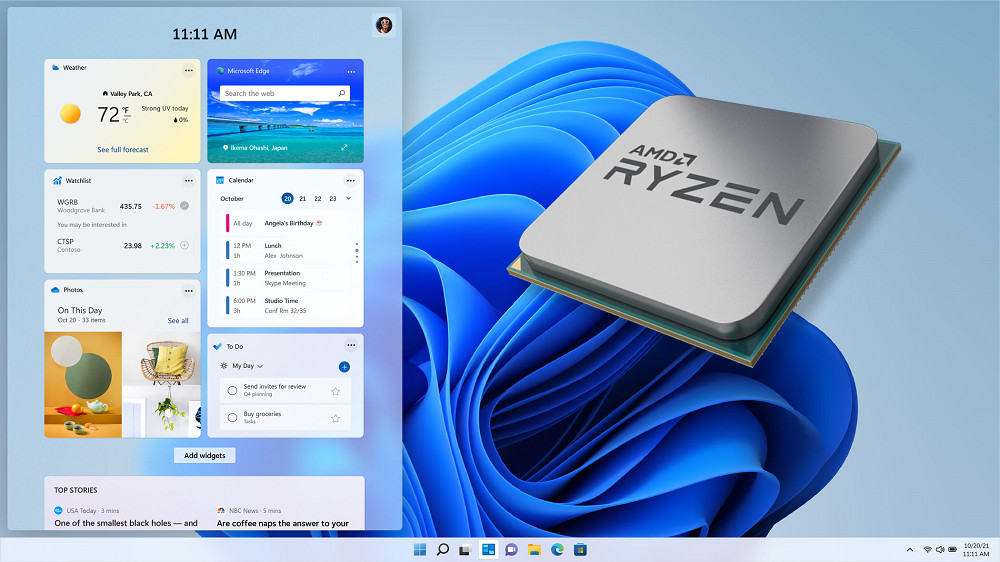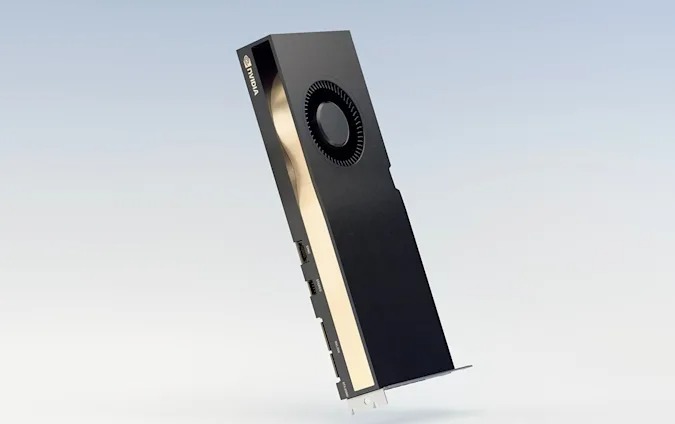Understanding Windows 11 Performance Degradation Post-Update: A Comprehensive Guide
Understanding Windows 11 Performance Degradation Post-Update: A Comprehensive Guide
Related Articles: Understanding Windows 11 Performance Degradation Post-Update: A Comprehensive Guide
Introduction
In this auspicious occasion, we are delighted to delve into the intriguing topic related to Understanding Windows 11 Performance Degradation Post-Update: A Comprehensive Guide. Let’s weave interesting information and offer fresh perspectives to the readers.
Table of Content
Understanding Windows 11 Performance Degradation Post-Update: A Comprehensive Guide

Introduction
Following the release of Windows 11, users have encountered instances of performance degradation after applying updates. This issue has raised concerns, prompting the need for a thorough investigation into its causes and potential solutions. This article aims to provide a comprehensive understanding of the factors contributing to post-update slowdowns and offer practical guidance to address them effectively.
Causes of Performance Degradation
The performance issues experienced after Windows 11 updates can be attributed to several factors:
- Hardware Compatibility: Some hardware components, particularly older devices, may not be fully compatible with the latest updates, leading to performance bottlenecks.
- Driver Issues: Outdated or incompatible drivers can interfere with system performance and cause slowdowns.
- Background Processes: Updates can trigger background processes, such as indexing or optimization tasks, which can consume system resources and impact performance.
- System Bloat: Over time, Windows 11 can accumulate unnecessary files and programs that can slow down the system.
- Malware or Virus Infections: Malware or virus infections can significantly degrade performance by consuming system resources and interfering with system processes.
Addressing Performance Issues
To resolve performance issues after Windows 11 updates, consider implementing the following steps:
- Check Hardware Compatibility: Ensure that your hardware components meet the minimum requirements for Windows 11 and that they are compatible with the latest updates.
- Update Drivers: Install the latest drivers for your hardware devices from the manufacturer’s website.
- Disable Background Processes: Identify and disable unnecessary background processes that may be consuming system resources.
- Clean Up System Bloat: Regularly remove temporary files, unused programs, and other unnecessary items to reduce system bloat.
- Scan for Malware: Perform a thorough malware and virus scan to detect and remove any potential infections.
FAQs
Q: Why is my Windows 11 computer slow after an update?
A: Performance degradation after updates can be caused by hardware compatibility issues, driver problems, background processes, system bloat, or malware infections.
Q: How can I fix slow performance after a Windows 11 update?
A: To address performance issues, check hardware compatibility, update drivers, disable unnecessary background processes, clean up system bloat, and scan for malware.
Q: How can I prevent performance issues after Windows 11 updates?
A: Regular maintenance, including driver updates, system cleanups, and malware scans, can help prevent performance degradation after updates.
Tips
- Install Updates Regularly: While updates can sometimes cause performance issues, installing them regularly is crucial for security and stability.
- Use a System Optimizer: Employ a reputable system optimizer tool to automate performance enhancements, such as cleaning up unnecessary files and optimizing system settings.
- Monitor System Performance: Regularly monitor your system performance using tools like Task Manager or Performance Monitor to identify potential bottlenecks.
- Consider a Clean Install: In severe cases, performing a clean install of Windows 11 can resolve persistent performance issues by removing any underlying problems.
Conclusion
Performance degradation after Windows 11 updates is a common issue that can be attributed to various factors. By understanding the underlying causes and implementing the appropriate troubleshooting steps, users can effectively address these issues and restore optimal system performance. Regular maintenance and proactive measures can help prevent performance problems and ensure a smooth and efficient Windows 11 experience.







Closure
Thus, we hope this article has provided valuable insights into Understanding Windows 11 Performance Degradation Post-Update: A Comprehensive Guide. We appreciate your attention to our article. See you in our next article!